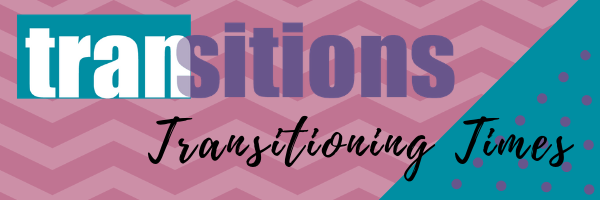Transitions’ Programs Make Teens Their Top Priority – The Message Works
Since its origin in 2007, Transitions’ Internet Safety program for Middle and High School students has been presented in nearly 2,000 classrooms to more than 40,000 students. The program summarizes a number of safety issues and concerns related to teens being online through social media sites and chat rooms, talking to others they don’t know. The Internet Safety program is just one key program included in the sizable collection of programs for students in our local schools. Classroom discussions include; domestic violence, sexual assault prevention, sexual harassment, and healthy relationships to name a few. The curriculums are created to build on each other grade by grade, year after year, with age appropriate dialogue and media. Several schools have arranged their schedules for the students to participate in multi-session programs within the school year. This style of programming is more primary prevention based. Other schools still continue with the longstanding educati
